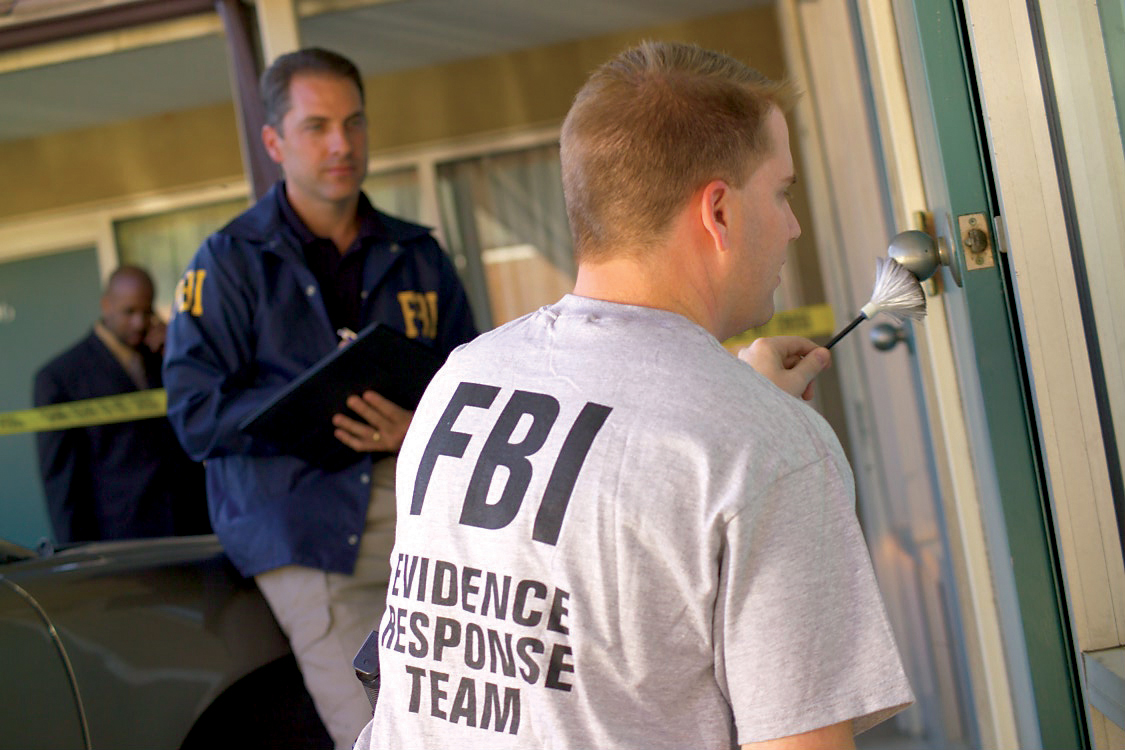|
Unfair Prejudice In United States Evidence Law
Unfair prejudice in United States evidence law may be grounds for excluding relevant evidence. "Unfair prejudice" as used in Rule 403 is not to be equated with testimony Testimony is a solemn attestation as to the truth of a matter. Etymology The words "testimony" and "testify" both derive from the Latin word ''testis'', referring to the notion of a disinterested third-party witness. Law In the law, testimon ... that is simply adverse to the opposing party. Virtually all evidence is prejudicial or it is not material. The prejudice must be "unfair".''Dollar v. Long Mfg., N.C. Inc.'', 561 F.2d 613, 618 (5th Cir. 1977) Notes External links Committee Notes on Federal Rules of Evidence 403 United States federal law United States evidence law {{US-law-stub ... [...More Info...] [...Related Items...] OR: [Wikipedia] [Google] [Baidu] [Amazon] |
Evidence
Evidence for a proposition is what supports the proposition. It is usually understood as an indication that the proposition is truth, true. The exact definition and role of evidence vary across different fields. In epistemology, evidence is what Justification (epistemology), justifies beliefs or what makes it rational to hold a certain wikt:doxastic, doxastic attitude. For example, a perceptual experience of a tree may serve as evidence to justify the belief that there is a tree. In this role, evidence is usually understood as a private mental state. In Phenomenology (philosophy), phenomenology, evidence is limited to intuitive knowledge, often associated with the controversial assumption that it provides indubitable access to truth. In the science, scientific evidence is information gained through the scientific method that confirms or disconfirms Hypothesis#Scientific hypothesis, scientific hypotheses, acting as a neutral arbiter between competing Scientific theory, theories. Mea ... [...More Info...] [...Related Items...] OR: [Wikipedia] [Google] [Baidu] [Amazon] |
Federal Rules Of Evidence
First adopted in 1975, the Federal Rules of Evidence codify the evidence law that applies in United States federal courts. In addition, many states in the United States have either adopted the Federal Rules of Evidence, with or without local variations, or have revised their own evidence rules or codes to at least partially follow the federal rules. History The law of evidence governs the proof of facts and the inferences flowing from such facts during the trial of civil and criminal lawsuits. Before the twentieth century, evidence law was largely the product of decisional law. During the twentieth century, projects such as the California Evidence Code and the Uniform Rules of Evidence encouraged the codification of those common law evidence rules. In 1965, Chief Justice Earl Warren appointed an advisory committee of fifteen to draft the new rules. The committee was composed of U.S. lawyers and U.S. legal scholars. The Federal Rules of Evidence began as rules proposed pursu ... [...More Info...] [...Related Items...] OR: [Wikipedia] [Google] [Baidu] [Amazon] |
Testimony
Testimony is a solemn attestation as to the truth of a matter. Etymology The words "testimony" and "testify" both derive from the Latin word ''testis'', referring to the notion of a disinterested third-party witness. Law In the law, testimony is a form of evidence in which a witness makes a "solemn declaration or affirmation ... for the purpose of establishing or proving some fact". According to Bryan A. Garner, the editor of '' Black's Law Dictionary'', the word "testimony" is properly used as a mass noun (that is, always uninflected regardless of number), and not a count noun. Testimony may be oral or written, and it is usually made by oath or affirmation under penalty of perjury. Historically, to be admissible in court and to ensure maximum reliability and validity, written testimony presented in the form of an affidavit (i.e., the witness would not be appearing in court at the hearing at which the affidavit was considered as evidence) was usually witnessed by anot ... [...More Info...] [...Related Items...] OR: [Wikipedia] [Google] [Baidu] [Amazon] |
United States Federal Law
The law of the United States comprises many levels of Codification (law), codified and uncodified forms of law, of which the supreme law is the nation's Constitution of the United States, Constitution, which prescribes the foundation of the federal government of the United States, federal government of the United States, as well as various civil liberties. The Constitution sets out the boundaries of federal law, which consists of Act of Congress, Acts of Congress, treaty, treaties ratified by the United States Senate, Senate, regulations promulgated by the executive branch, and case law originating from the United States federal courts, federal judiciary. The United States Code is the official compilation and Codification (law), codification of general and permanent federal statutory law. The Constitution provides that it, as well as federal laws and treaties that are made pursuant to it, preempt conflicting state and territorial laws in the 50 U.S. states and in the territor ... [...More Info...] [...Related Items...] OR: [Wikipedia] [Google] [Baidu] [Amazon] |


